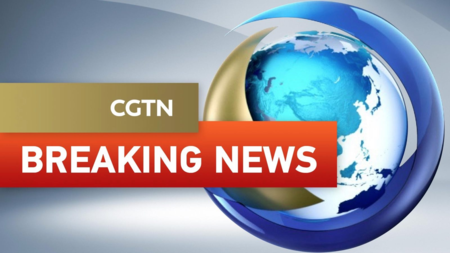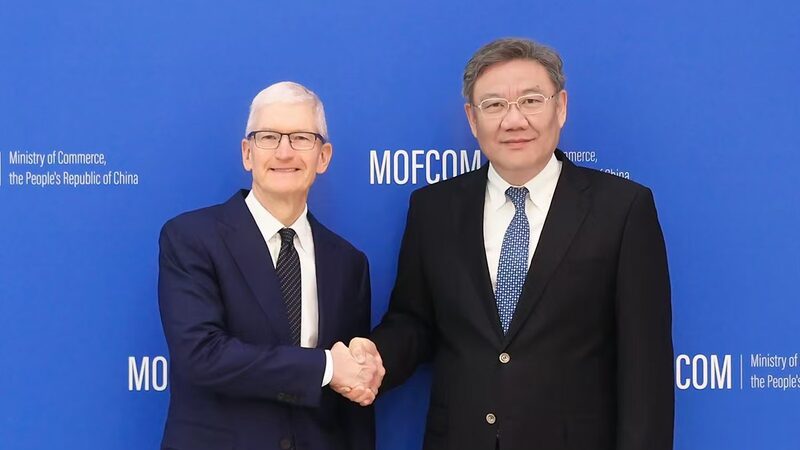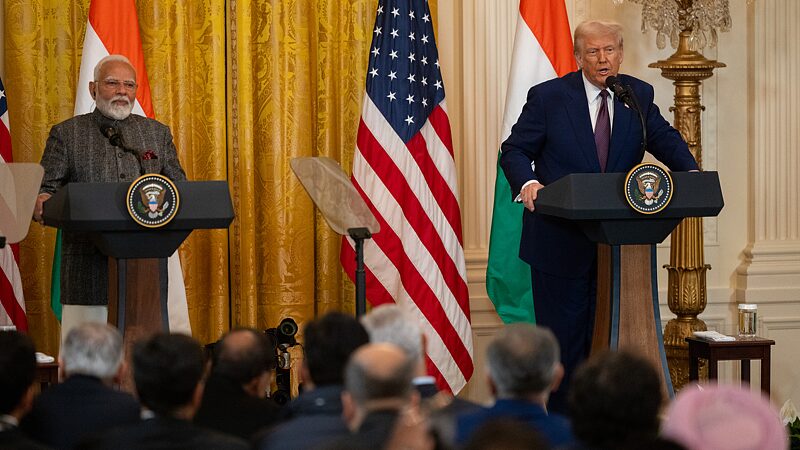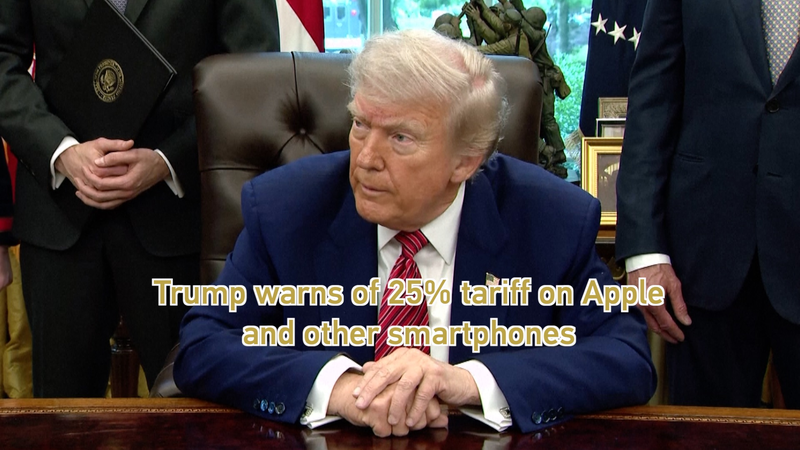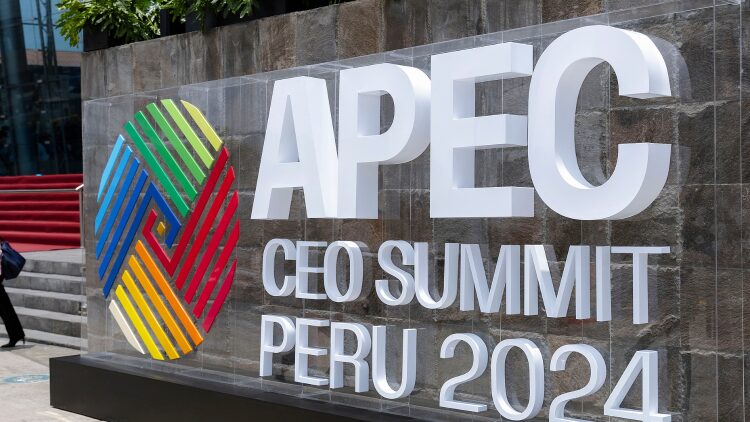Former U.S. President Donald Trump has reignited debates over global supply chains with a bold warning to Apple: Manufacture iPhones in the U.S. or face a 25% tariff. The statement, posted on Truth Social, underscores growing tensions between corporate globalization strategies and political calls for domestic production.
Trump claimed he had previously informed Apple CEO Tim Cook that iPhones sold in the U.S. should be 'manufactured and built in the United States, not India, or anyplace else.' He added that failure to comply would result in a tariff of 'at least 25%' paid by Apple to the U.S. government.
The remarks come amid broader discussions about reshoring tech manufacturing, a trend gaining traction in U.S. policy circles. Analysts note that Apple currently relies heavily on Asian production hubs, with over 70% of its suppliers based in the region. A shift to U.S. manufacturing could disrupt supply chains and impact economies in countries like India, where Apple has recently expanded operations.
For investors and business leaders, the proposal raises questions about cost implications and market stability. 'Tariffs of this magnitude would likely lead to higher consumer prices or reduced margins for Apple,' said Priya Mehta, a Singapore-based tech analyst. 'This could also accelerate diversification efforts across Asia’s manufacturing ecosystems.'
As the 2024 U.S. election approaches, such policies may shape cross-border trade dynamics, particularly in tech-reliant Asian economies. Stakeholders are advised to monitor developments closely, as regulatory shifts could redefine global production networks.
Reference(s):
Trump warns of 'at least 25%' tariff on Apple if iPhones not U.S.-made
cgtn.com
